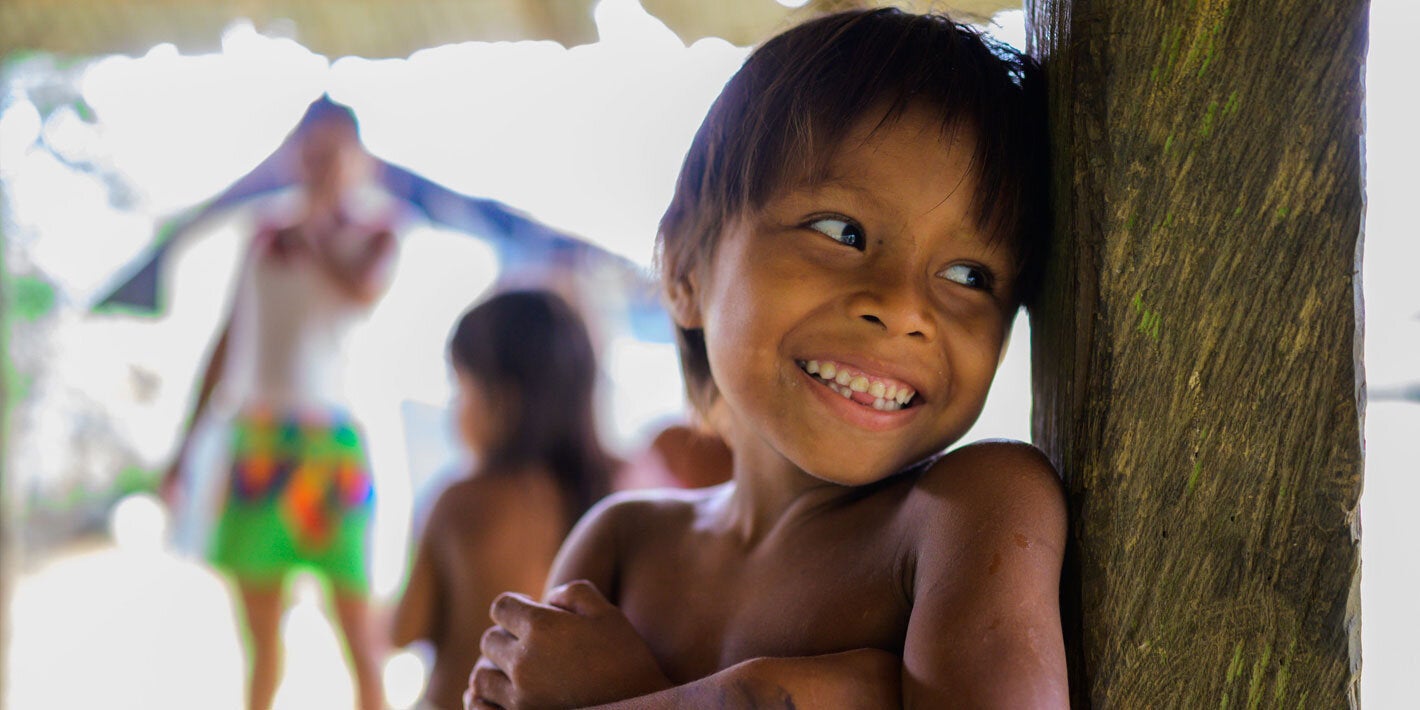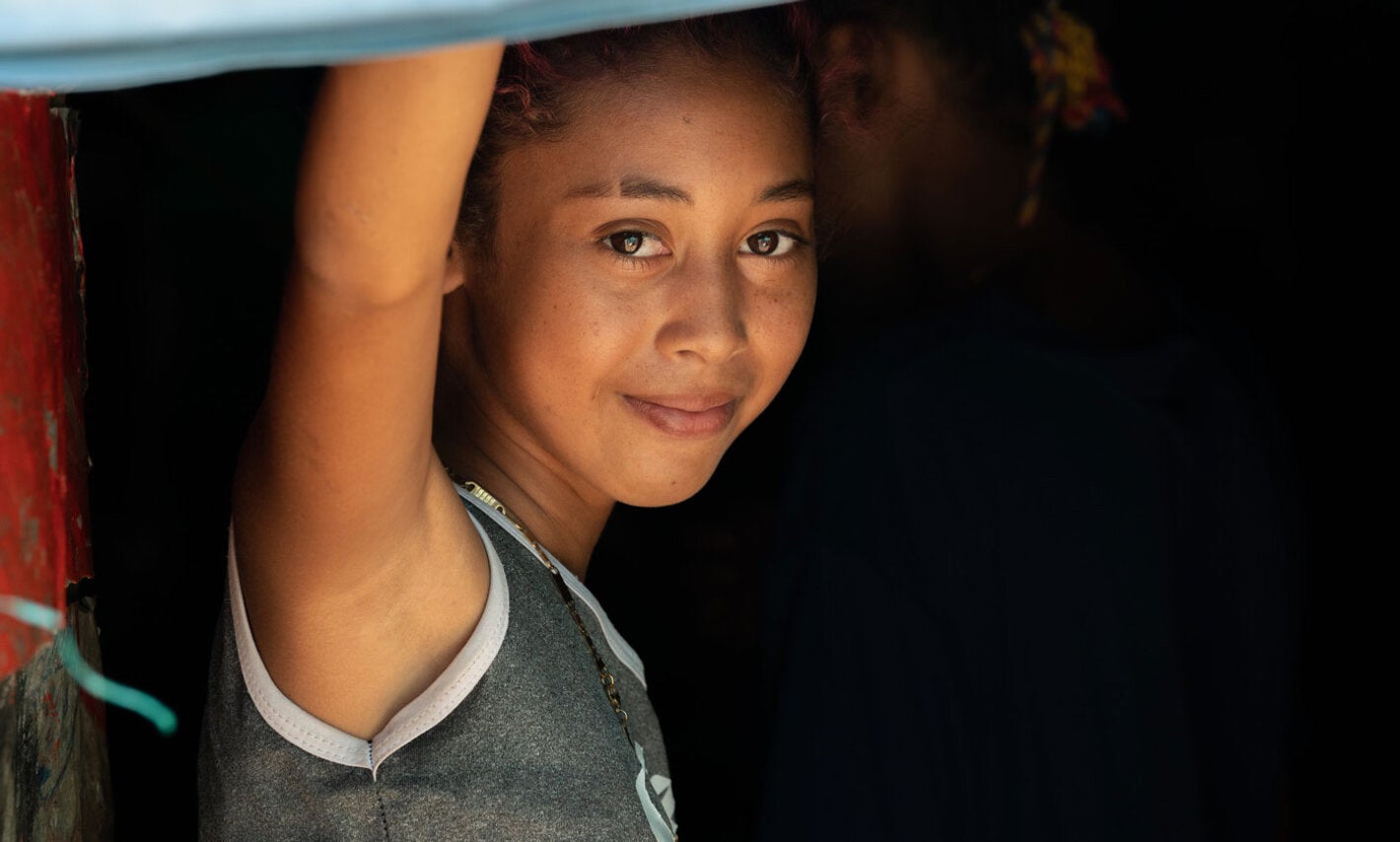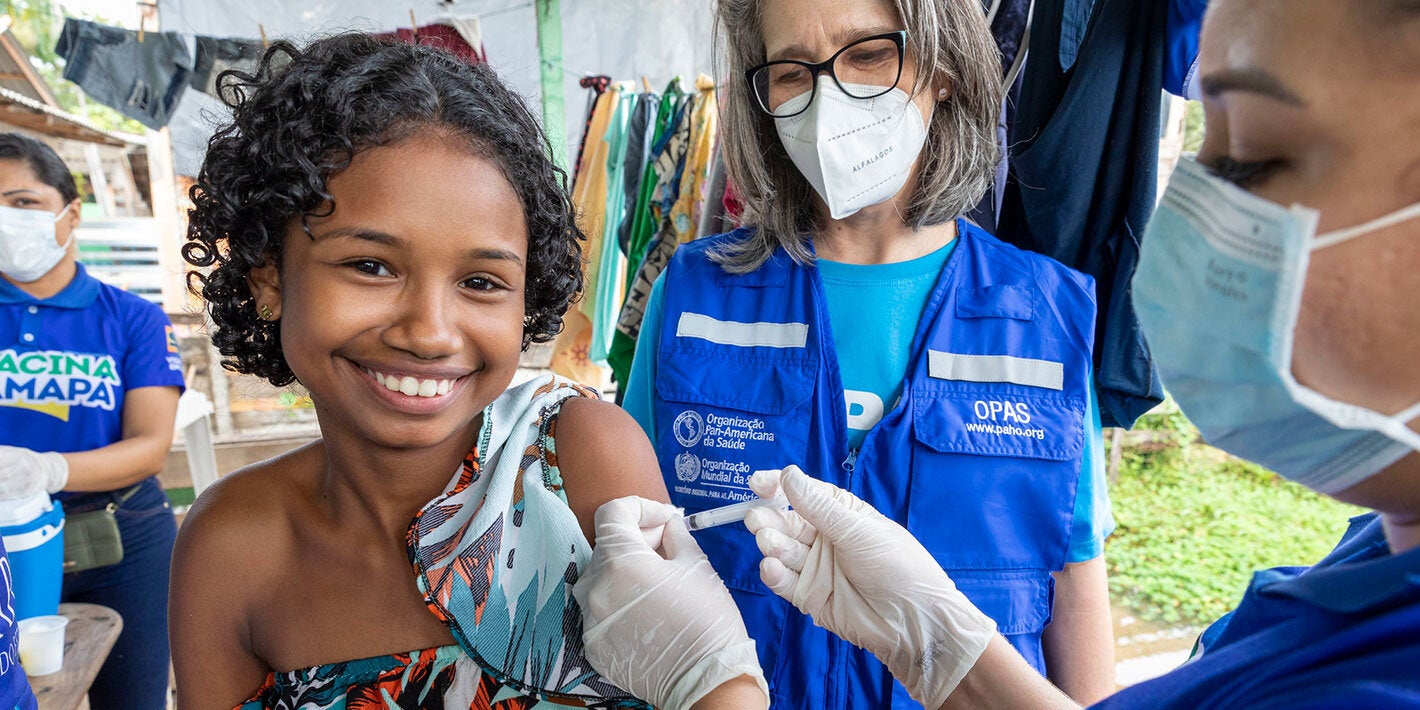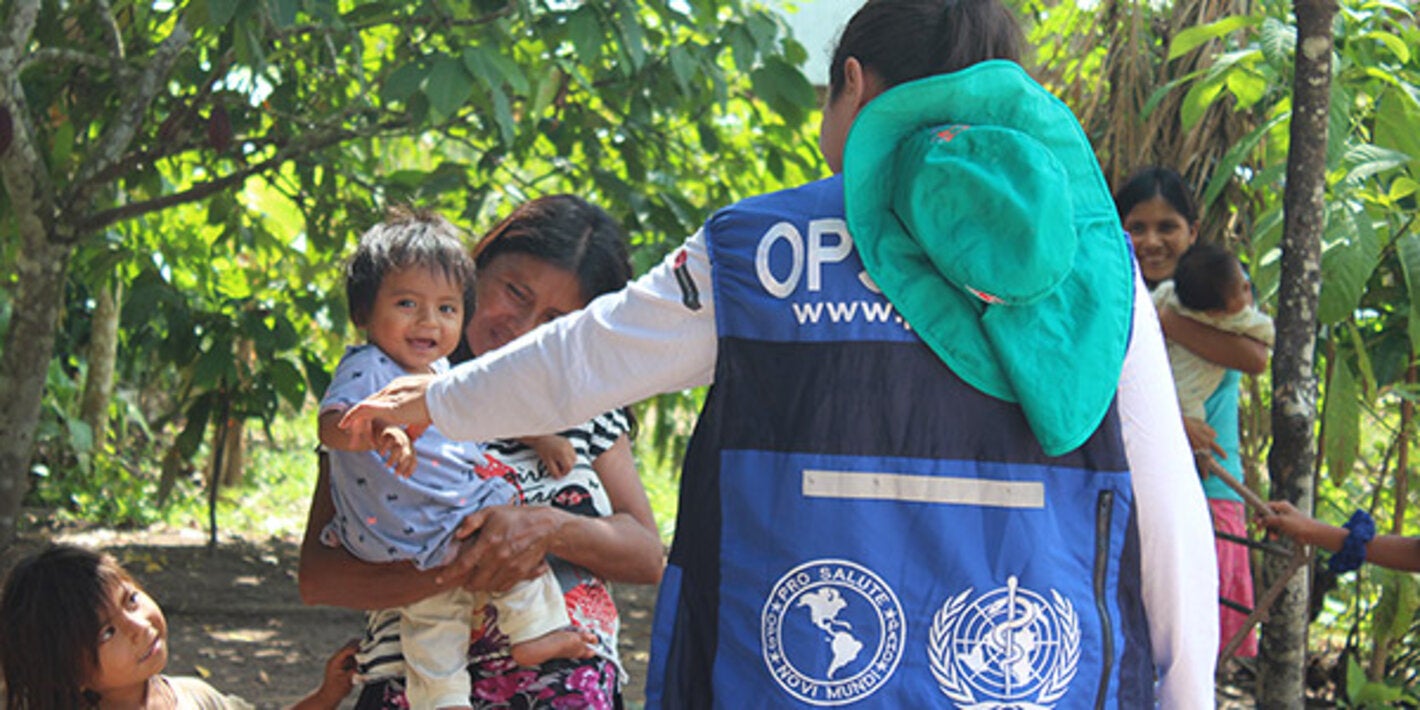The Pan American Health Organization (PAHO) is the specialized international health agency for the Americas. It works with countries throughout the region to improve and protect people's health.
PAHO engages in technical cooperation with its member countries to fight communicable and noncommunicable diseases and their causes, to strengthen health systems, and to respond to emergencies and disasters.
PAHO is committed to ensuring that all people have access to the health care they need, when they need it, with quality and without fear of falling into poverty. Through its work, PAHO promotes and supports the right of everyone to good health.
To advance these goals, PAHO promotes technical cooperation between countries and works in partnership with ministries of health and other government agencies, civil society organizations, other international agencies, universities, social security agencies, community groups, and other partners. PAHO promotes the inclusion of health in all public policies and the engagement of all sectors in efforts to ensure that people live longer, healthier lives, with good health as their most valuable resource.
PAHO has 35 Member States and four Associate Members in the region. Under their leadership, PAHO sets regional health priorities and mobilizes action to address health problems that respect no borders and that, in many cases, jeopardize the sustainability of health systems.
PAHO wears two institutional hats: it is the specialized health agency of the Inter-American System and also serves as Regional Office for the Americas of the World Health Organization (WHO), the specialized health agency of the United Nations.
From its Washington, D.C., headquarters, 27 country offices and three specialized centers in the region, PAHO promotes evidence-based decision-making to improve and promote health as a driver of sustainable development.
Our Vision
To be the major catalyst for ensuring that all the peoples of the Americas enjoy optimal health and contribute to the well-being of their families and communities.
Our Values
- Equity: Striving for fairness and justice by eliminating differences that are unnecessary and avoidable.
- Excellence: Achieving the highest quality in what we do.
- Solidarity: Promoting shared interests and responsibilities and enabling collective efforts to achieve common goals.
- Respect: Embracing the dignity and diversity of individuals, groups and countries.
- Integrity: Assuring transparent, ethical, and accountable performance.
Our Mission
To lead strategic collaborative efforts among Member States and other partners to promote equity in health, to combat disease, and to improve the quality of, and lengthen, the lives of the peoples of the Americas.
Our achievements
During its more than 120-year history, PAHO has played a key role in important hemispheric health achievements, including:
- A gain of 35 years in average life expectancy since 1902.
- The eradication of smallpox and polio from the Americas.
- The elimination of endemic transmission of measles, rubella and congenital rubella syndrome.
- Major reductions in infant and child mortality.
- Significant expansions of health coverage for poor and vulnerable populations in its member countries.
- Vaccination Week in the Americas, which celebrated its 10th year in 2012 and inspired the first World Immunization Week, also in 2012.
- The ratification by 30 of 35 countries in the Americas of the Framework Convention on Tobacco Control (FCTC).
- In Latin America and the Caribbean, the highest rates of coverage with antiretroviral treatment for people with HIV of any middle-lower-income region.
- Substantial reductions in the impact of neglected diseases such as leprosy, Chagas disease, and onchocerciasis (river blindness).
What We Do
Our main areas of work are:
- Communicable Disease Prevention, Control, and Elimination
- Comprehensive Immunization
- Evidence and Intelligence for Action in Health
- Health Emergencies
- Health Systems and Services
- Innovation, Access to Medicines and Health Technologies
- Noncommunicable Diseases and Mental Health
- Social and Environmental Determinants for Health Equity
Where We Work
We provide technical cooperation to our member countries in the Americas and promote cooperation between countries to advance their health goals. We work from our headquarters in Washington, D.C., as well as 27 country offices and three specialized centers in the region.
Our Story
In 1870, a yellow fever epidemic struck Brazil, Paraguay, Uruguay, and Argentina and, within eight years, had spread to the United States, where it killed more than 20,000 people. Maritime transport, which was expanding rapidly along with international trade, was the main channel for the international spread of disease at the end of the 19th century. The need to control the spread of epidemics from one country to another to protect people's health and countries' economies led to the creation in December 1902 of what is today known as the Pan American Health Organization. [Read more...]
How We Are Governed
PAHO's main governing bodies are the Pan American Sanitary Conference, the Directing Council, and the Executive Committee.
Planning and Budget
- Sustainable Health Agenda for the Americas 2018-2030
- Strategic Plan of the Pan American Health Organization 2020-2025: Compendium of Impact Indicators
- Strategic Plan of the Pan American Health Organization 2020-2025: Compendium of Outcome Indicators
- Strategic Plan of the Pan American Health Organization 2020-2025: Equity at the Heart of Health
- Program Budget of the Pan American Health Organization 2020-2021
- The PAHO Program and Budget Web Portal
Finance and accountability
PAHO is financed through quota contributions from its Member States, WHO allocations, and voluntary contributions from governments, international organizations, and the public and private sectors.





